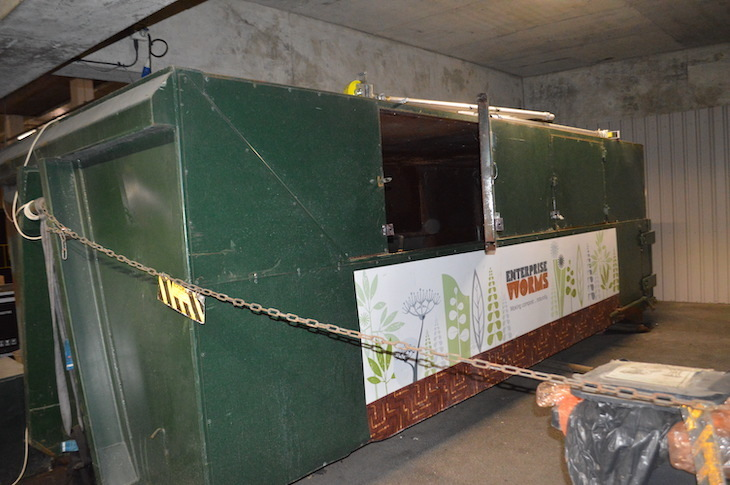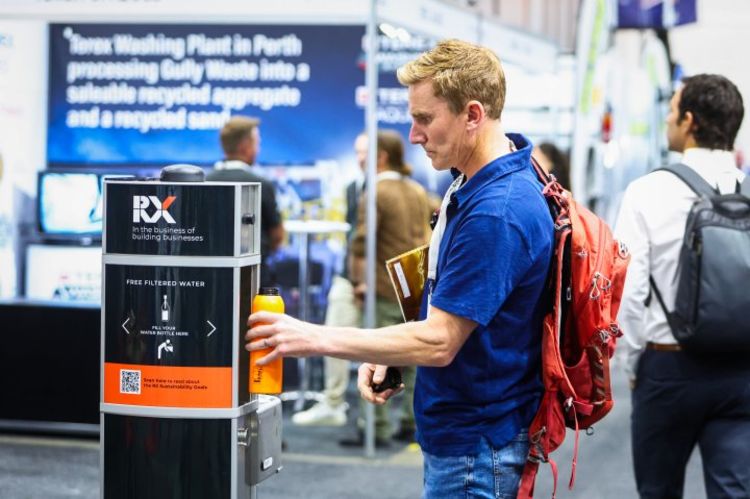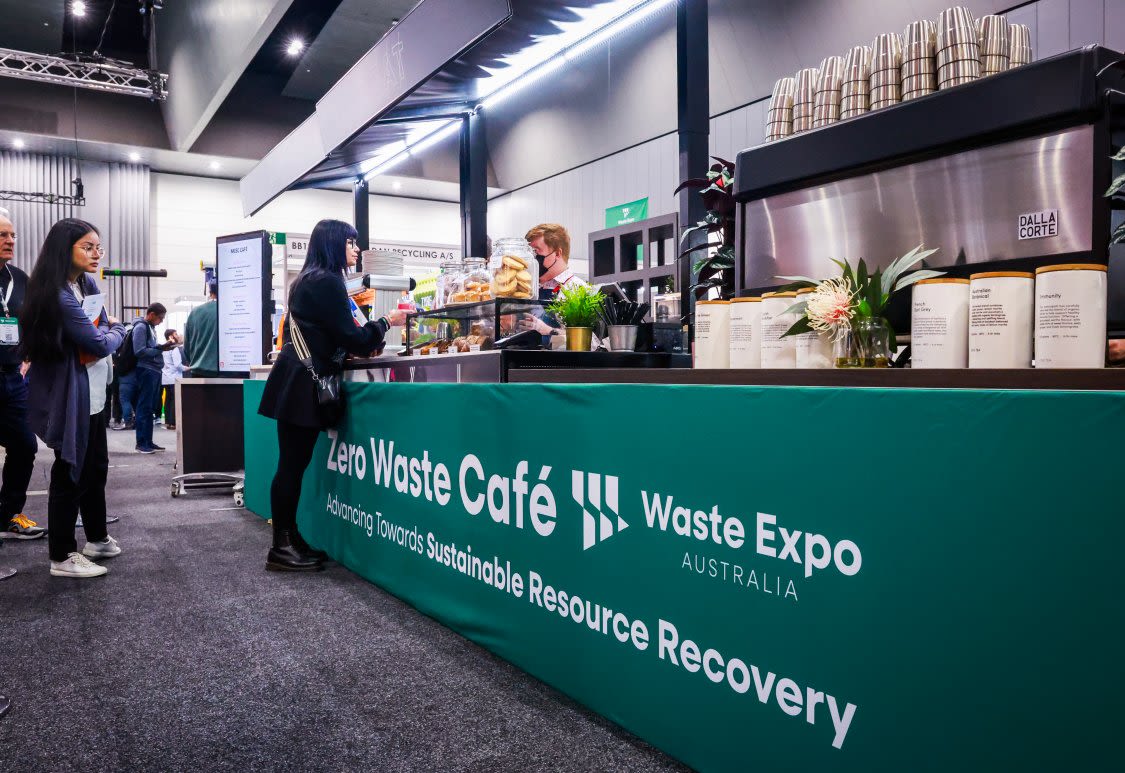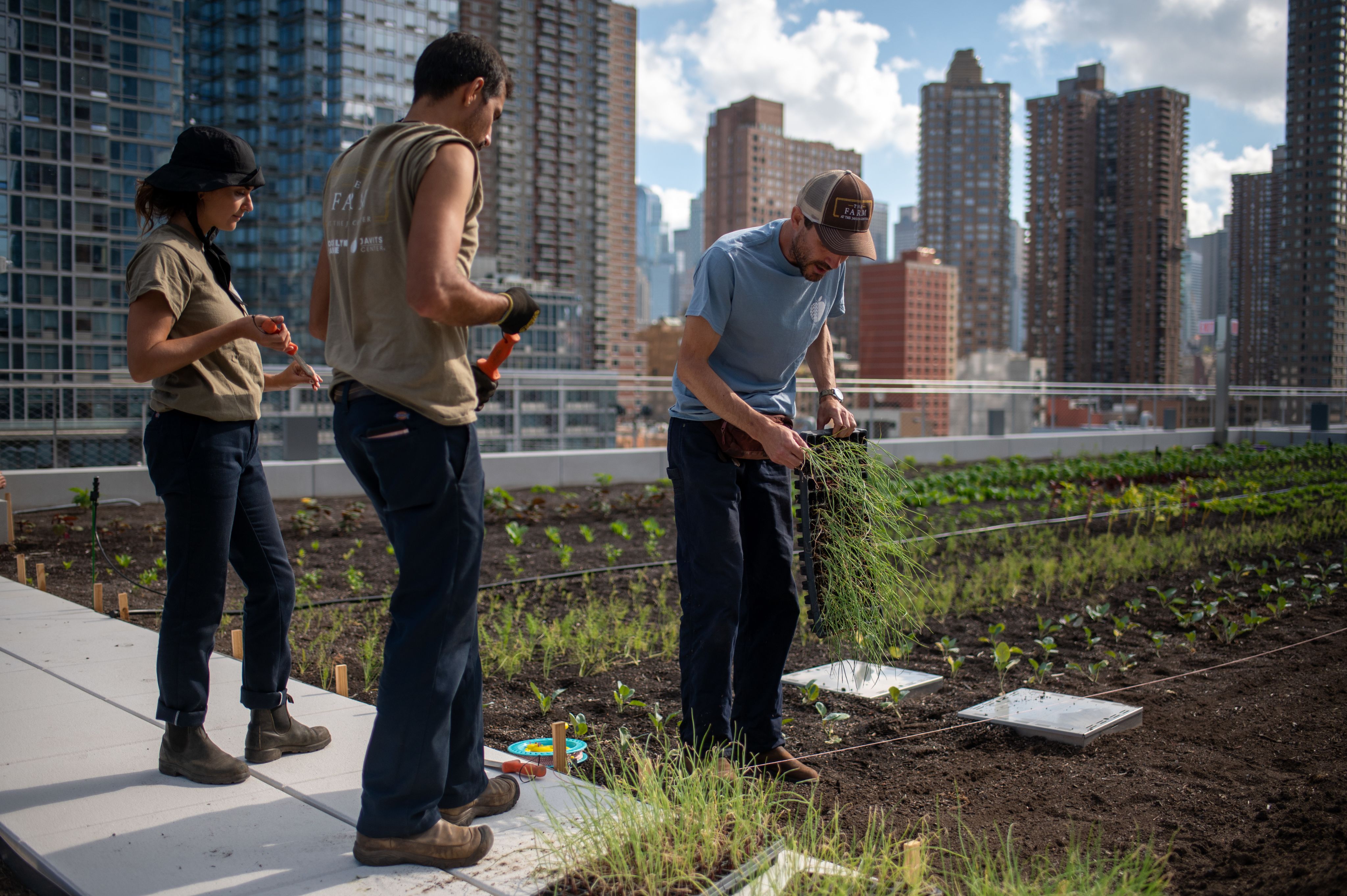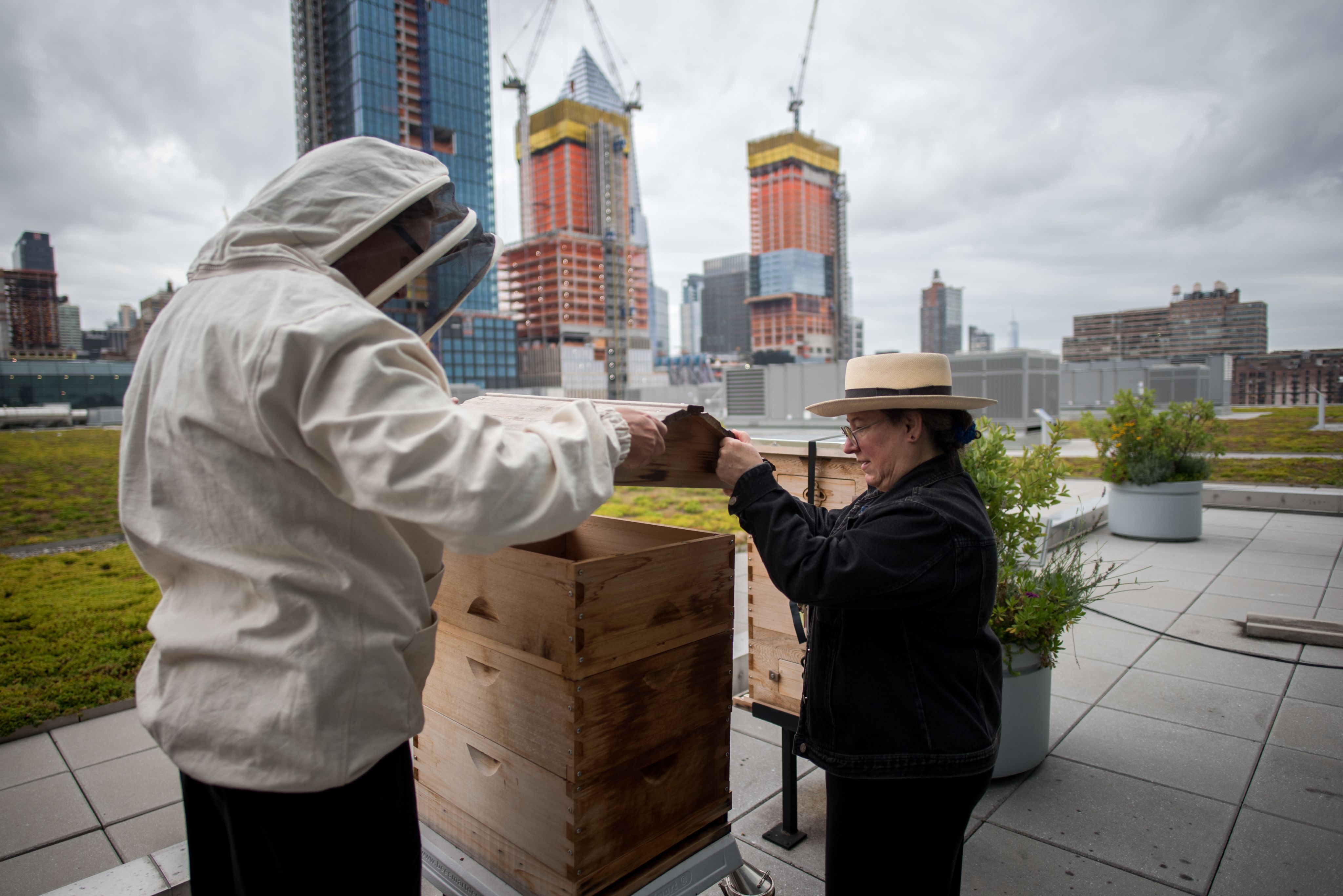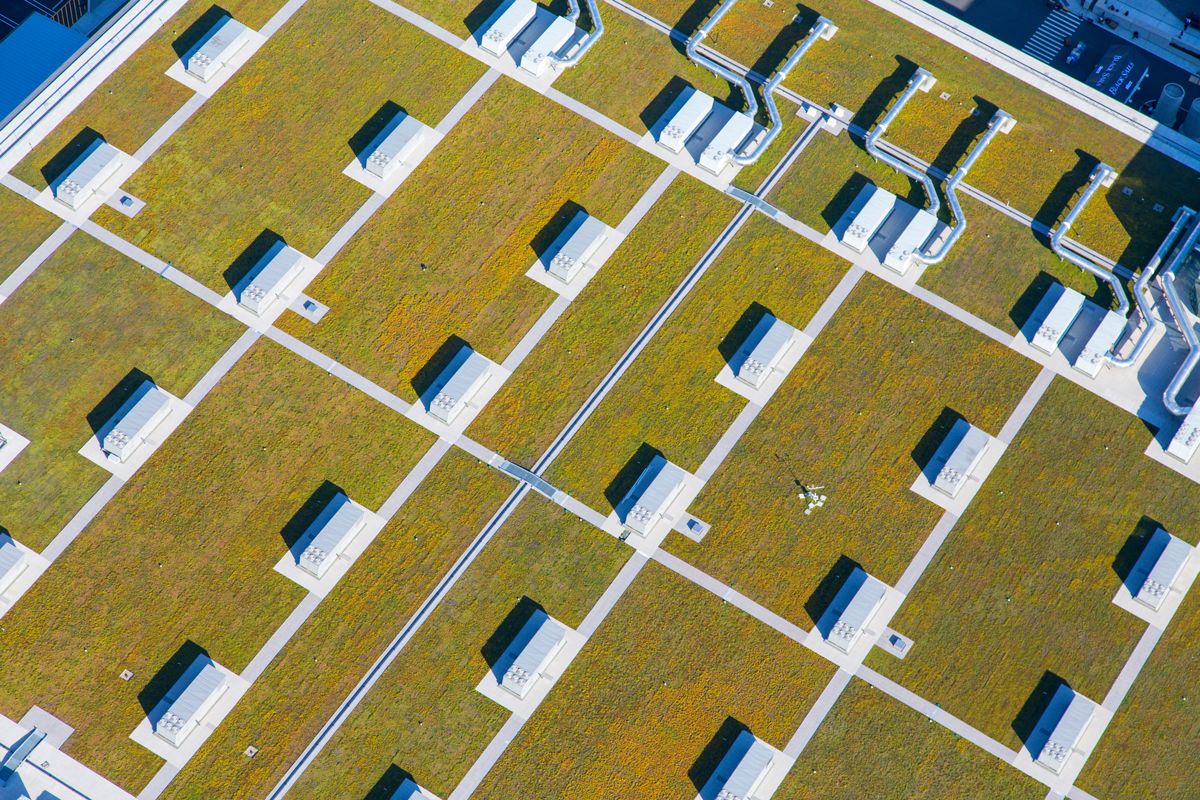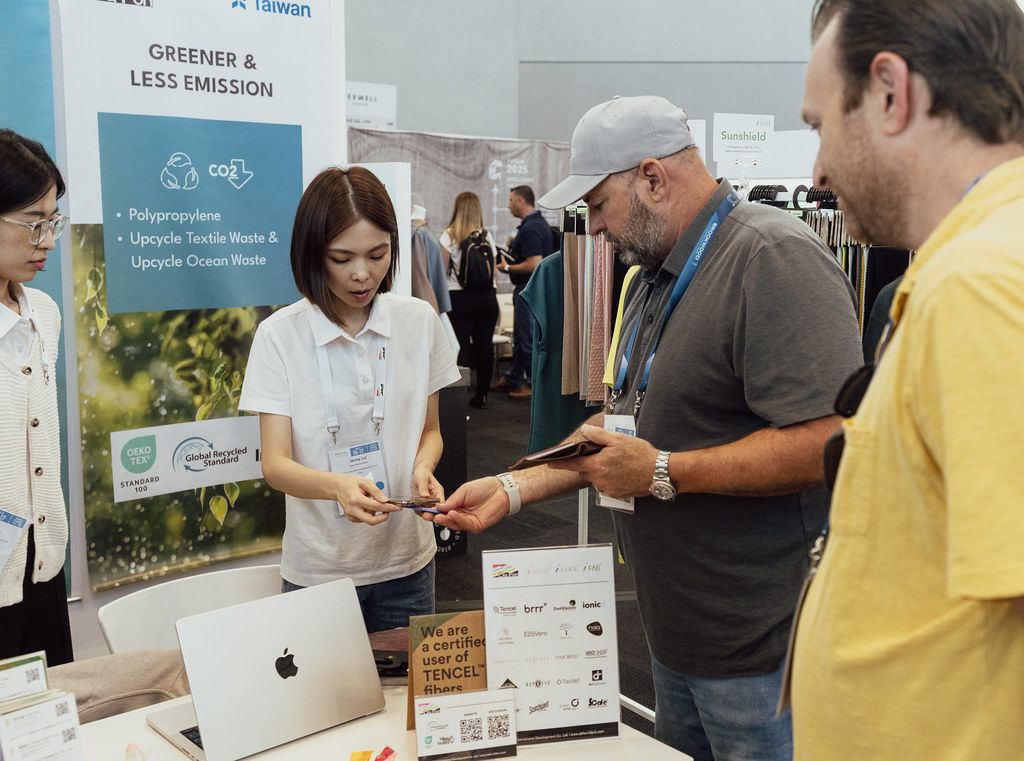Working together towards Net Zero Carbon Events

Achieving net zero carbon events isn’t something we can do alone - it takes strong partnerships. When dedicated venues, organisers, and events align on sustainability goals, the impact can be powerful. We highlight some of our key venue partners - all fellow signatories of the Net Zero Carbon Events Pledge - and the steps we're taking together to reduce carbon emissions across the events we deliver.
WTM London and ExCeL London
ExCeL London, one of the UK’s top international exhibition centres, hosts over 400 events every year - including RX’s flagship global trade fair, WTM (World Travel Market) London. The venue is powered by 100% renewable electricity, sends zero waste to landfill, and currently recycles 71% of its waste. It is also home to the UK’s largest wormery, turning food waste from its kitchens into fertiliser for surrounding green spaces.
In the past year, ExCeL began transitioning its onsite vehicles and equipment from diesel to electric or hybrid, cutting nearly 79 tonnes of CO₂ emissions annually. On top of that, a new partnership with waste specialists Bywaters aims to push recycling rates even higher, targeting 75% by the end of 2025 and reducing waste year on year.
“RX has a long history of partnering with ExCeL to reduce the environmental impact of our events,” said RX UK Operations Director, Jen Phipps. “But the Net Zero Events Pledge has taken that relationship to the next level, putting sustainability at the centre of our planning.”
That commitment was clear at WTM London 2024, where RX and ExCeL launched an ambitious waste strategy that delivered outstanding results. The foundation of the approach was a ‘Polluter Pays’ principle designed to incentivise recycling.
Stand waste, particularly from builds, was identified as the biggest issue. To address it, the team rolled out a practical, long-term waste management plan. For WTM London 2024 exhibitors were required to submit a waste management plan as part of their stand design approval. ExCeL also introduced a new ‘Waste Ambassador’ role—team members who monitor the show floor, help contractors with bin access, and catch contamination or bad practice early.
This effort was closely coordinated with RX’s floor team and official contractors. All staff received online training in waste procedures to ensure a consistent, knowledgeable presence across the event.
The strategy zeroed in on two key waste streams: wood, which creates the most volume, and food waste, the top source of contamination. Behind the scenes, ExCeL also partnered with its new waste management provider to improve offsite sorting and processing.
The speak for themselves. Waste container orders increased by over 400%—from 189 in 2023 to 798 in 2024 and the recycling rate jumped from under 20% to an impressive 61%.
Looking to 2025, the team will roll out a standardised waste management plan template to ease submission for all exhibitors, and update waste service rate cards to reward early planning. The goal is simple: keep building on the momentum and make WTM London one of the most sustainable events in the industry.

Waste Expo Australia and MCEC
The Melbourne Convention and Exhibition Centre (MCEC) and RX Australia have a longstanding partnership, united in our commitment to achieving Net Zero Waste for our events by 2040.
“Our collaboration dates back nearly 30 years, with MCEC now home to major events like All-Energy Australia, Waste Expo Australia, PAX Aus, GPCE and Reed Gift Fairs Melbourne,” explained Stephen Steenson, Operations Director, RX Australia. “We have worked together since the early 2000s to pioneer greener practices like power scheduling, waste separation, and efficient food service that are now industry standard. And as Australia’s most progressive venue, MCEC continues to raise the bar with bold initiatives.”
The venue is transitioning to 100% renewable electricity by 2028, harvesting rainwater onsite, and powering events with solar energy, for which it has earned a 6-star green rating. Programmes like Skyfarm, MCEC’s community-based biodiversity programme, and collaborations with OzHarvest are also helping the venue to reduce food waste while giving back to the community.
“All these efforts align seamlessly with RX’s values and sustainable Net Zero plans,” said Stephen. “Among recent achievements RX has been able to eliminate bottled water on the show floor thanks to the installation of plumbed potable water stations. We are also optimising event power usage by purchasing offset power from the grid and providing dedicated waste stations to increase recycling and reduce landfill.”
A recent example of RX and MCEC’s partnership in action was the all-new Zero Waste Café at Waste Expo Australia 2024, the country’s biggest event for waste management and resource recovery. The café featured 33% plant-based items, no plastic packaging and 100% reusable cutlery, crockery and glassware. Any leftover items were donated to OzHarvest, and waste sorting bins were provided to facilitate recycling.
Other eco-friendly initiatives to reduce the Waste Expo’s carbon footprint included sustainable booth design, paperless registration, eco-friendly lanyards, and less carpeting throughout the venue.
Meanwhile, on the show and conference floor, over 3,000 professionals and 100+ speakers from across the industry spectrum explored key topics like the circular economy, government policies, waste-to-energy solutions, and managing commercial, industrial, and construction waste. Among new features, a Government Lounge provided space for attendees to connect with government agencies like Sustainability Victoria, Recycling Victoria, and EPA Victoria, and discuss the future of waste management in the state.
Reflecting on the event, MCEC Sustainability Manager, Kristen Gillespie said: “Waste Expo Australia was the perfect opportunity to highlight the innovative solutions we’ve developed to reduce our impact on the environment and challenge the industry to deliver greener events.”
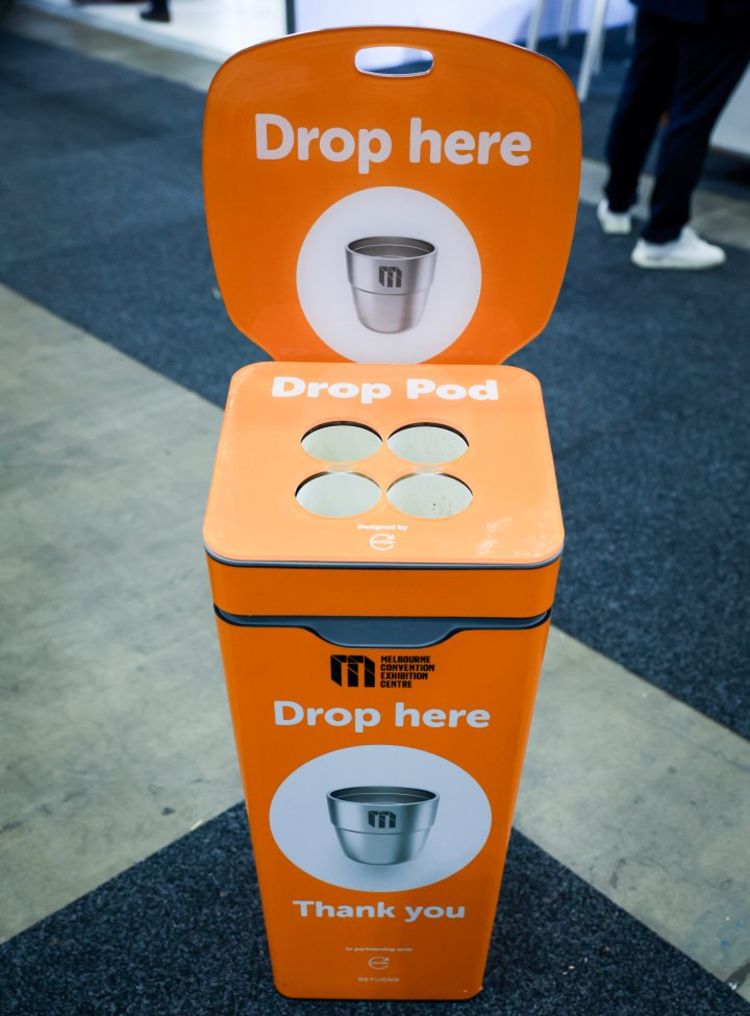
Functional Fabric Fair & Javits, New York
Among RX’s biggest venue partners in the US is the New York’s Javits Center which has emerged as one of the leading examples of sustainability in the events industry. Located on the banks of the Hudson River, the venue features a seven acre green roof that serves as a habitat for more than 35 species of birds, as well as bats and honeybees. It also boasts a rooftop farm, innovative waste management strategies which benefit the local community, and Manhattan’s largest rooftop solar farm
“The Javits Center is leading the charge on Net Zero among venues in the USA” said Mike Grant, Senior VP for RX’s Operations Group in the US. “Their recently completed expansion enabled them to build sustainability into the concept and has become a gold standard. As the home to New York Comic Con, ISC East, Vision Expo and Functional Fabric Fair, among other RX events, this gives us exciting opportunities to work together, particularly on reducing our energy and water consumption and recycling the waste generated by our events.”
Held three times a year in Oregon and New York, Functional Fabric Fair—Powered by PERFORMANCE DAYS®— is the go-to destination for designers, developers, material managers, and brands focused on eco-certified, ethically sourced fabrics and accessories for performance, outdoor, and lifestyle apparel. Combining workshops, expert talks and focus trends with a packed exhibit floor, the event has made sustainability a core part of its mission. Hosting the New York edition at the Javits Center allows its goals to come to life in powerful ways, with sustainability integrated into every aspect of event operations.
“Choosing sustainable venues is just as crucial as the event itself,” explained Steve McCullough, Event Director. “That’s why we’ve partnered with The Javits Center, one of the most eco-conscious venues on the planet. With their waste-minimizing, energy-efficient operations, they help us push the limits of what’s possible in sustainable event hosting.”
Functional Fabric Fair booths are constructed using recycled fabric made from plastic bottles and metal frames made from infinitely recyclable aluminium, designed for repeated use. LED lighting is used throughout the event to lower its carbon footprint and where carpet is necessary, they choose ALMA carpet—produced from recycled materials and designed to be shredded and reused after the event.
Water is provided in biodegradable cups made from corn-based materials, and exhibitors are prohibited from using foam core signage. All event signage is printed on recyclable materials, and publication bins are made from recycled paperboard and reused until no longer functional.
And they’re not stopping there. Among new initiatives for 2025, the Functional Fabric Fair team are taking sustainability to the next level by organically limiting the exhibitors to sustainable-certified suppliers who have earned ethical approval. They are also implementing Colleqt, a new system that replaces printed business cards and marketing materials by enabling QR code scanning at booths.
“At Functional Fabric Fair, sustainability isn’t a side project—it’s the driving force behind everything we do. From our expert workshops to our event sourcing and setup, we’re rewriting the rules for what it means to be responsible in the textile and event industries.”

At RX we are serious about sustainability, which is why we signed the ‘Net Zero Carbon Events’ pledge in 2021 and aim to achieve net zero carbon emissions by 2040. For more information on how we are working to drive sustainable innovation and support our customers on their sustainability journey, visit our website.


